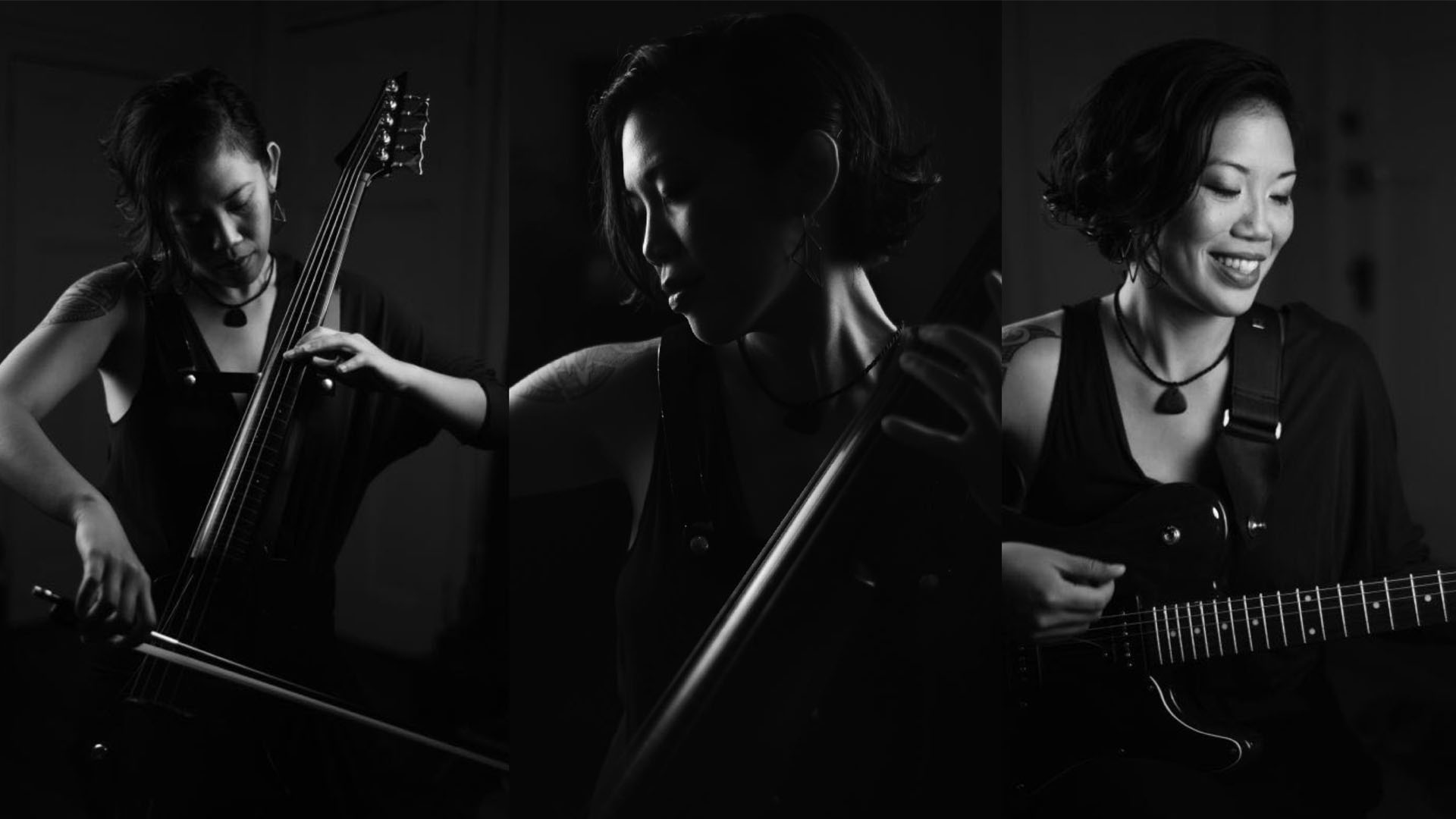
“In this time of world crisis, music is a way to really engage and reflect the emotions and situations going on around us.” - Dolce Wang opens up to us
Today, we’re thrilled to bring you an exclusive and candid interview with the omni-competent Dolce Wang.
Born in Houston, Texas, Wang began studying cello in 1991, training in classical music with teachers from the University of Houston and Houston Symphony Orchestra. She has also studied Mechanical Engineering and Film at the University of Southern California in Los Angeles and has since combined her love for technology, storytelling, and music into her performance. Wang is proficient in cello, guitar, and singing. She has established a unique style using effects pedals, loop stations, and a custom-made electric cello to create new sounds that take people on a musical journey.

Meenaz Park: You’ve been a musician for most of your life. You play multiple instruments. You’ve studied Mechanical Engineering and Film. We can just imagine the experiences and stories you have accumulated so far. Tell us a story from your life no one knows!
Dolce Wang: It’s funny how society has decided to organize disciplines, isn’t it? The Arts and Sciences are usually viewed as opposite ends of the spectrum, but I’ve always thought they were just variations of the same thing.
In elementary school, when teachers began asking us kids what we wanted to be when we grew up, my first response was: Trash Collector. I was always finding little scraps of throwaway things that others considered as trash or useless, then putting them together into some new invention or building some imaginary world. In university, my friend and I designed and built a carbon fiber violin as our senior thesis - and I was able to find nearly all the materials from digging through trash bins or leftovers. Even the carbon fiber was from making a phone call to Boeing -- I thought it was a longshot, but they just so happened to be clearing out their warehouse of airplane materials with imperfections and said if I could organize a truck to pick up before they were done, then their trash was my treasure.
MP: You have a unique style! It’s almost like everything you know somehow finds its way into your songs. We loved the two songs you sent us, Lucid and Constantly, both for different reasons. With ‘Constantly’ you talk about mental illness and music, something we completely understand and have experienced. Mental illness has a different effect on different people, often people with the same diagnosis are very different. From your own observations, how does music keep your loved-ones whole?
DW: For Constantly, the lyrics are mostly written from the point of view of a particular loved one who struggles with mental illness. She has an extraordinary gift for playing the piano. While her mental state has rapidly deteriorated, she still plays piano every day, almost as if music is the sole thing that keeps her intact. It is truly powerful to witness.
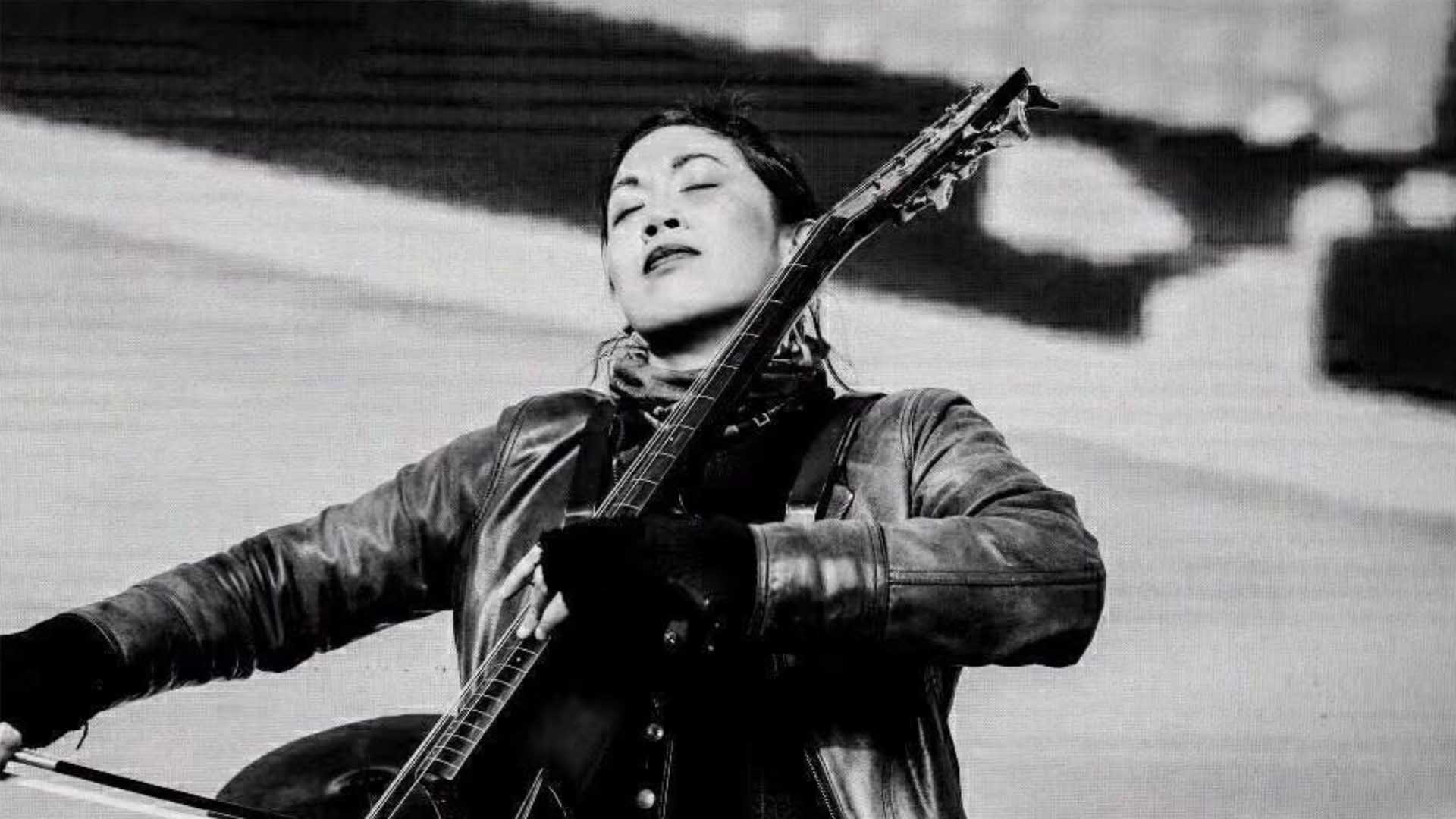
At the same time, the song also draws from my own experiences, seeing over and over how Music brings healing to others -- both from a physical and mental sense. I’ve watched a young boy paralyzed in a wheelchair able to start moving after hearing a beat; elders with Alzheimer’s forgetting everything until they start clapping to a familiar song from childhood. I’ve even played for a hearing-impaired audience where I could literally watch them “listen” as they placed their hands on the cello while I played. Or playing for a woman with severe autism who hadn’t left her room for years and was frightened by people - as soon as she heard the cello, she smiled and rocked as if relieved after a very long while. The list can go on...
MP: Give us some insight into these lines:
The noise from the Heavens
Was all too much to bear
Inadvertently scary
Banned from entering there
DW: These lyrics of Constantly have a bit of a double meaning, both broad as well as granular, as I had mentioned before. In general, it describes that sense of being overwhelmed to the point of feeling isolated -- something that many people can relate to.
But specifically, when going back to the point of view of our subject...
[The noise from the Heavens was all too much to bear] -- often she would say that she could hear angelic voices or God talking to her - so much so that she would frequently speak back to them out loud.
[Inadvertently scary, banned from entering there] -- On one sense, the voices she heard were scary; at the same time, they led her to a church. However, because she would speak to herself out loud, many people complained that she made them feel uncomfortable and fearful to the point that the pastor requested her to not go back -- she came across as scary without meaning to, and therefore she was banned from the church, the place that represented the Heavens.
MP: There are so many dramatic elements in your music, both tracks are quite cinematic. Tell us a little bit about your music-making process. How does it all begin? First melody and then theme? Or first theme and then everything else?
DW: I would say that for me, 95% of my songs start with writing the music first, and then the lyrics. In the very initial ideation phase, often I will think of a chord progression, other times a hook, occasionally a specific beat -- or even all at once. As long as I create space for it, I find I will keep hearing new songs in my head... and many times while I’m dreaming. But I also frequently forget those ideas as the day gets busier (plus, I’m easily distracted), so the last few years I have been getting more in the habit of having a “journal” for my song/musical ideas... essentially I’ll just record the idea on my phone and compile it into a folder. This has been truly helpful, as I still have about 300 ideas in there!
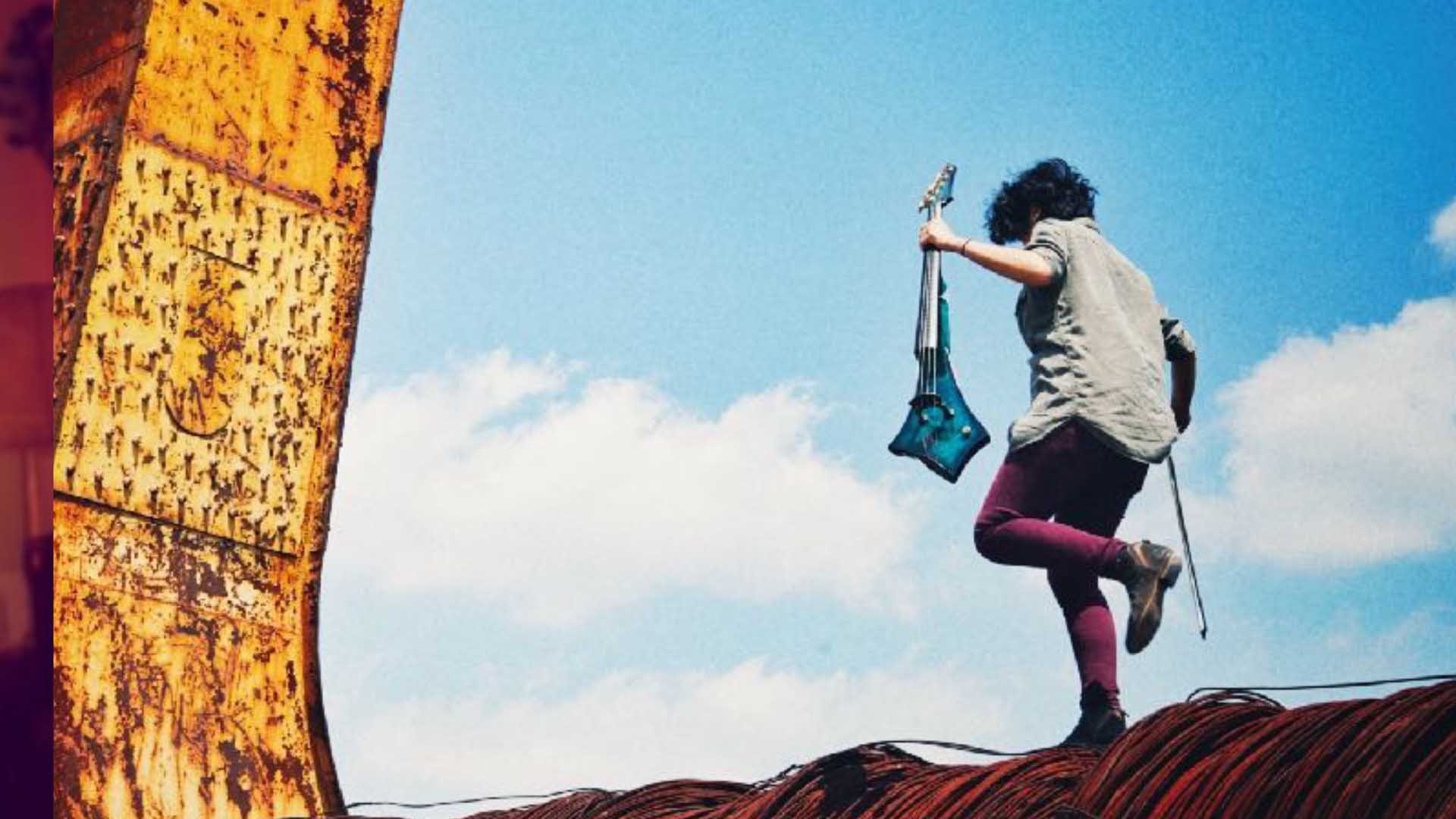
After that, I would call it my Concept phase. In fact, coming up with ideas and developing the concept are probably my favorite parts of the process. It’s kind of like opening Pandora’s Box when after the first initial idea is unleashed, then a flood of others -- countermelody, textures, rhythms, other sections, flow, lyrics -- comes rushing out until there’s nothing left. I am often asking myself, where is the melody taking me, or where does it come from. Or if the initial idea is more like a big chorus, then I think about how do I get there? I’m sure having a film and orchestral background influences this as well.
Once all the ideas are out... well, then things require much more discipline, at least for me. Polishing, structuring, getting stuck, then doing it all over. Usually, I will have other friends listen at this point and see how I want to shape it further and decide whether to bring in other musicians if I’m working on a recording. Then finally, mixing and mastering, which is its own animal. But one of the most fun (and often hilarious) parts is comparing the end product to the very first little idea!
MP: Tell us about your band, Bonsai Boulevard! And especially about Fallen Sun’s music video. We have a background in filmmaking too and this music video surpasses everything else we’ve seen. Plus, it was produced more than seven years ago!
DW: Our band formed back in 2008, and I actually started off just playing guitar since I had never played cello with an amp before. Back then there was little to no information about how to do that online, but with a lot of experimentation, we started evolving our sound. It was a big part of developing how I use pedals with the cello today.
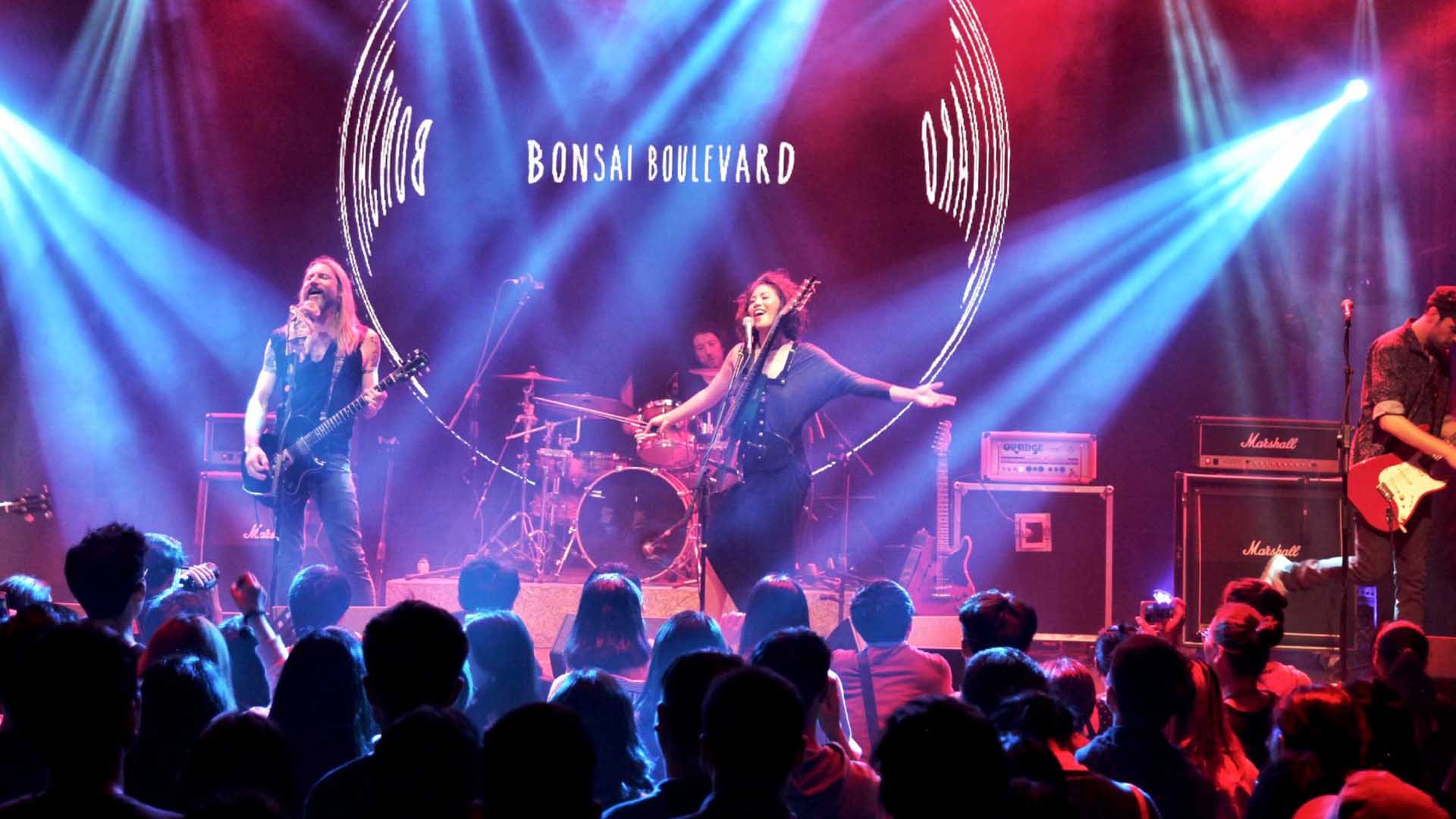
The Fallen Sun music video was done as a passion project by our friends who do graphics and VFX, and they came up with the entire concept. We used a green screen from my workplace at the time to shoot the whole thing -- which is always a funny experience because we really had no idea what they were planning. They put sticks in my gloves and told me to walk like a doll. Then they strung up my cello and bow with fishing line to make it play in the air (which made me pretty nervous). Then I fake kissed Cameron, and as to why he had vampire teeth, none of us knew. Thankfully, they did a brilliant job with the video at the end, and it even won an award!
MP: How about a peek into your experiences and processes performing live. It all looks like it requires a ton of practice and preparation. (P.S. That’s one of the best venue lists we’ve come across!)
DW: Prepping for a show usually begins with thinking about the audience and venue for me, then creating a set list around that and thinking through the transitions. Then there’s the technical aspect of it, especially for solo shows with live looping and lots of pedals where nearly every song has a different setting -- there’s a lot of practice for both hands and feet! But it’s easy to get stuck in your head, trying to play everything right (especially coming from a classical background), so at this point I actually try not to over-practice because I think a big part of the performance is having a clear head and being able to give yourself to the audience.
MP: What’s the biggest effect that COVID-19 has had on you?
DW: Ah, COVID. The biggest effect was that I went to Taiwan on holiday and got stuck here with only 2-weeks’ worth of clothes and no gear! It’s been nearly a year now, and while it has been undoubtedly difficult to have to unexpectedly start from 0, I am eternally grateful that they have managed the pandemic so well here, including being able to have live shows. As for gear, I think the resourceful Trash Collector mentality kicked in, so I’ve been kludging together bits and pieces in order to play shows and continue recording and composing. As a result, I started building my own DIY Pedals and controllers!
MP: What’s your opinion about the Indie music scene in the States and other countries you’ve performed in. How receptive do you think audiences are to artists experimenting? Are there any comparisons? Do Independent artists have a good future to look forward to?
DW: Wow, this question alone could be an entire article topic!
I would say that in the States, most active musicians are Independent Artists - probably for the last two decades. There are the unicorn-signed label artists, but even many of them came from Indie music roots as well, especially nowadays. As for experimentation, I would say that New York City is quite receptive, whereas LA leans more towards pop / commercial, although there is a healthy underground scene as well. I was pleasantly surprised that in Shanghai, there is quite a growing audience for experimental stuff, and it was a great place to collaborate with VJ’s and DJ’s as well.
I think when comparing with various countries (as I’ve now have had a taste of every continent aside from Antarctica)... I would say each culture has its set of values that influences where people generally lie on the spectrum on, say: Creative Expression vs. Technical skill; Traditional Music vs. Experimental Music; Audience Participation vs. Passiveness, etc.
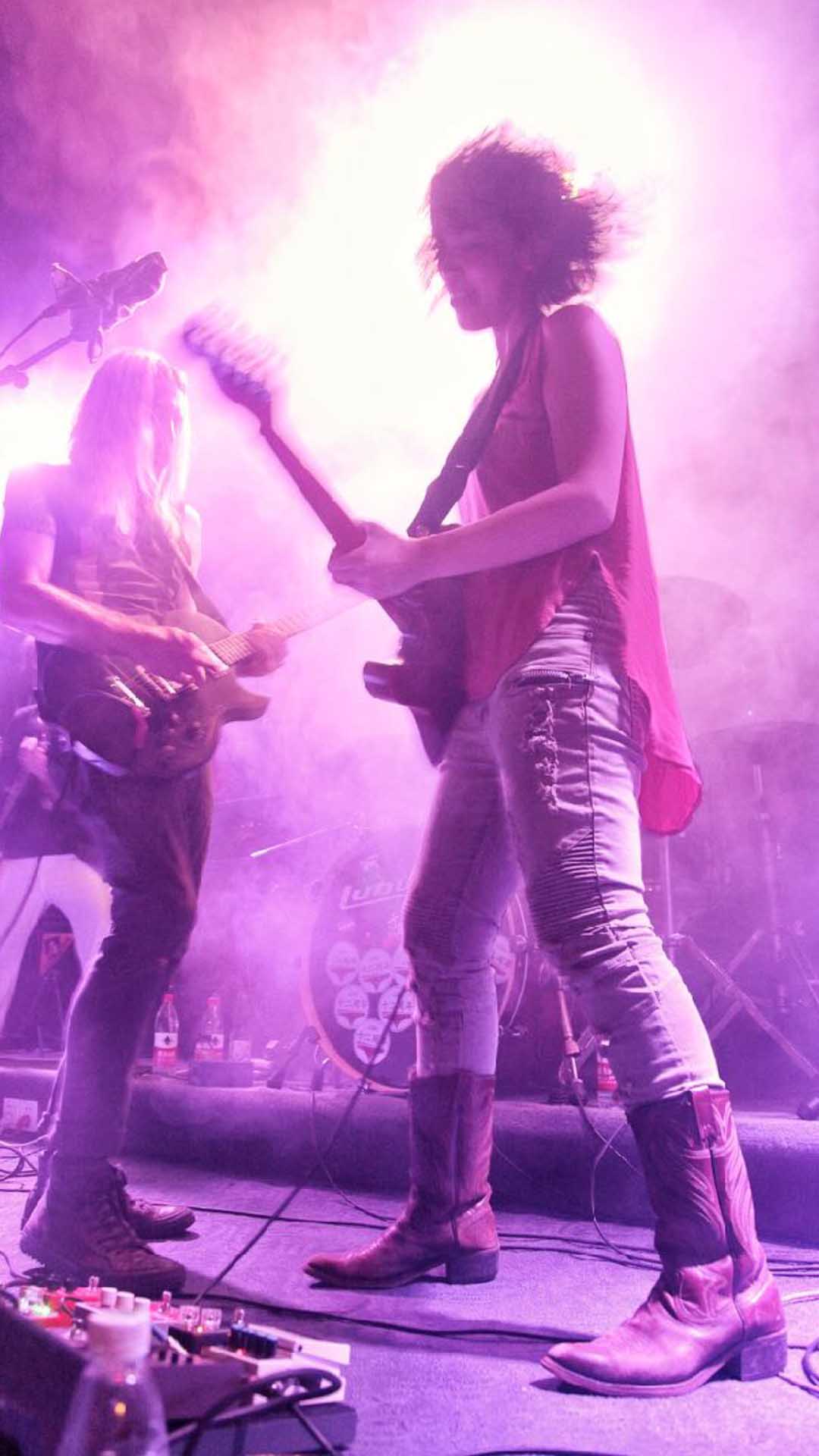
One funny story was the first time our band (Bonsai Boulevard) toured in China in 2016, we were surprised how quiet people were in the audiences, particularly in cities outside of Beijing and Shanghai. But we realized they were actively listening... as if they were in a classical concert. We were even the first rock band to ever play in one of the smaller towns (by “small,” I mean with a 5 million population). In a very extroverted environment such as LA, we were used to lots of cheers and hollering, but unfortunately at the same time, loud chatter while we were playing. Here, it was a bit of the opposite, but we rather preferred active listening if we had to choose one. Then later we went back to tour in 2018, and lo-and-behold, people were now accustomed to cheering, which was great for us!
As for the future of Indie Artists - I should hope to believe we have a bright future ahead of us! First, I think that one can be a musician without necessarily doing it as a living (I happen to do music full-time now, but not until this past year because of COVID!). It is no surprise that the Music Industry is quite unforgiving - with an over-saturation of free (or nearly free) music, and the impact on live shows/tour cancellations around the world, it can quite a beast. But what I think this also means is it’s a time for transition -- which is when the creative artist thrives.
There are so many tools and resources for home recordings than ever before, which leaves room for musicians to play with new sounds. I also think this transition calls for more authenticity; there is still a lot of noise out there, but in this time of world crisis, music is a way to really engage and reflect the emotions and situations going on around us. And hey, who knows - maybe by the time things back up, we will have created something so beautiful and new that there will be a rise to the Industry again. Either way, the world needs us!
MP: Finally, what’s next for Dolce Wang?
DW: I am very excited to release another single soon, and then later film a music video! It’s an upbeat song called On The Inside, about getting older isn’t necessarily about age. It’s inspired by a group of women who are learning ballet, but are 60-95 years old - I hope they will also be in my MV!
Aside from that, am working on an immersive installation using projection along with Microsoft’s Hololens 2, and will open later this year in Taiwan. I just finished composing the soundtrack for it, and am also the Creative/Art Director for the team - very excited for 2021!

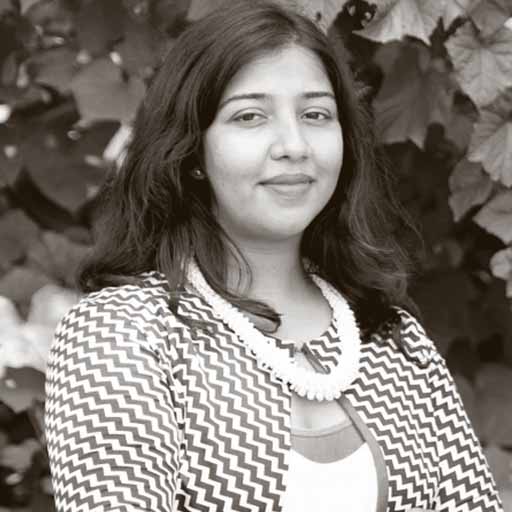
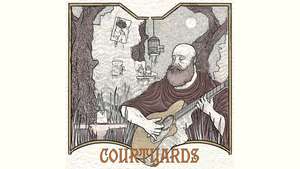
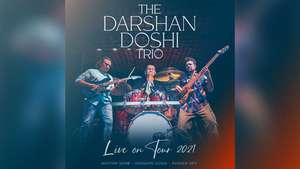

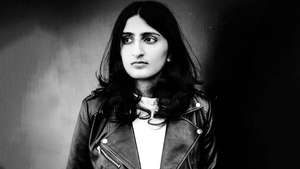
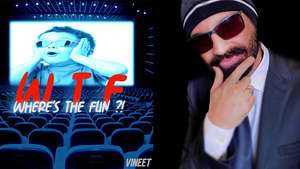


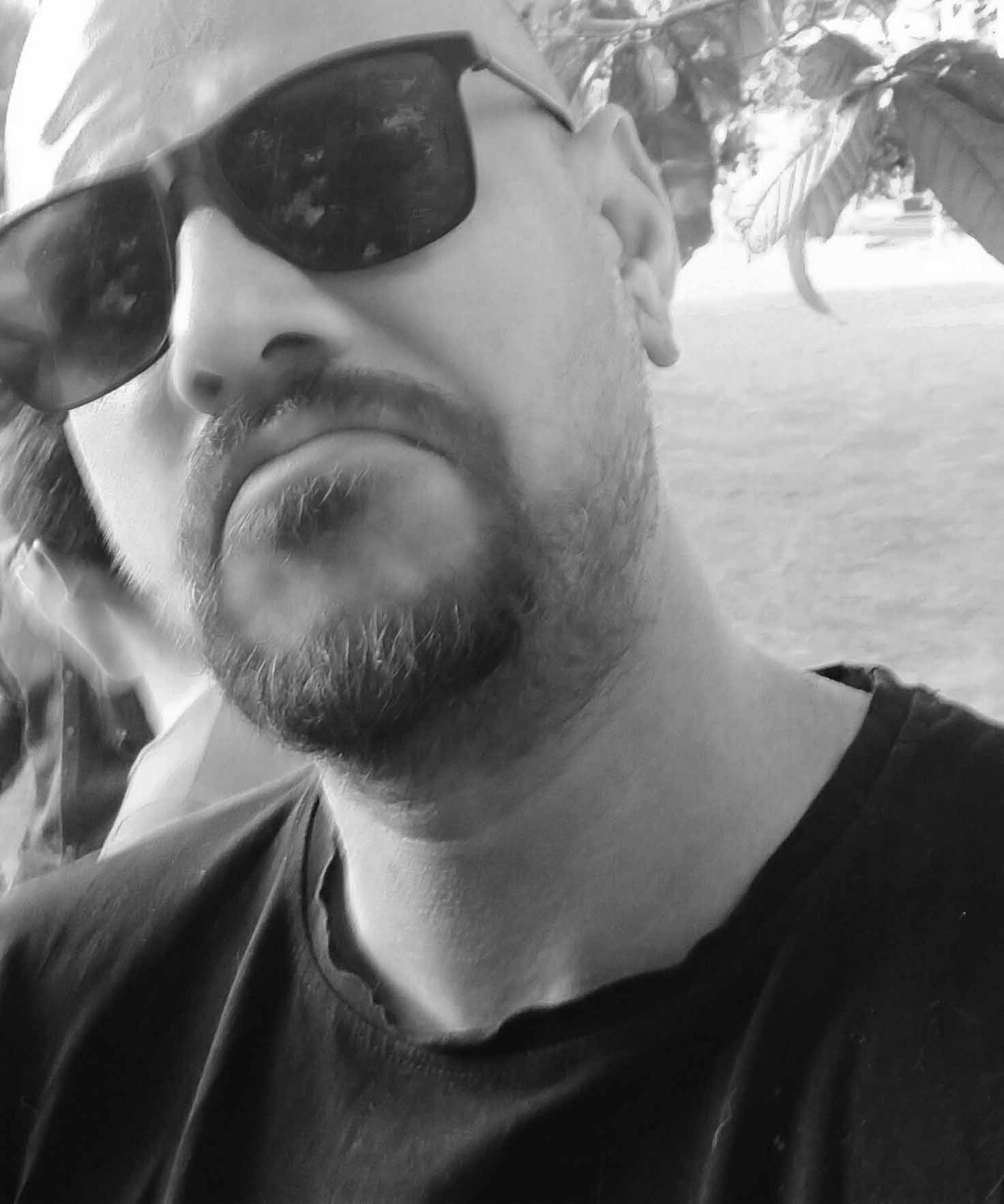

Comments